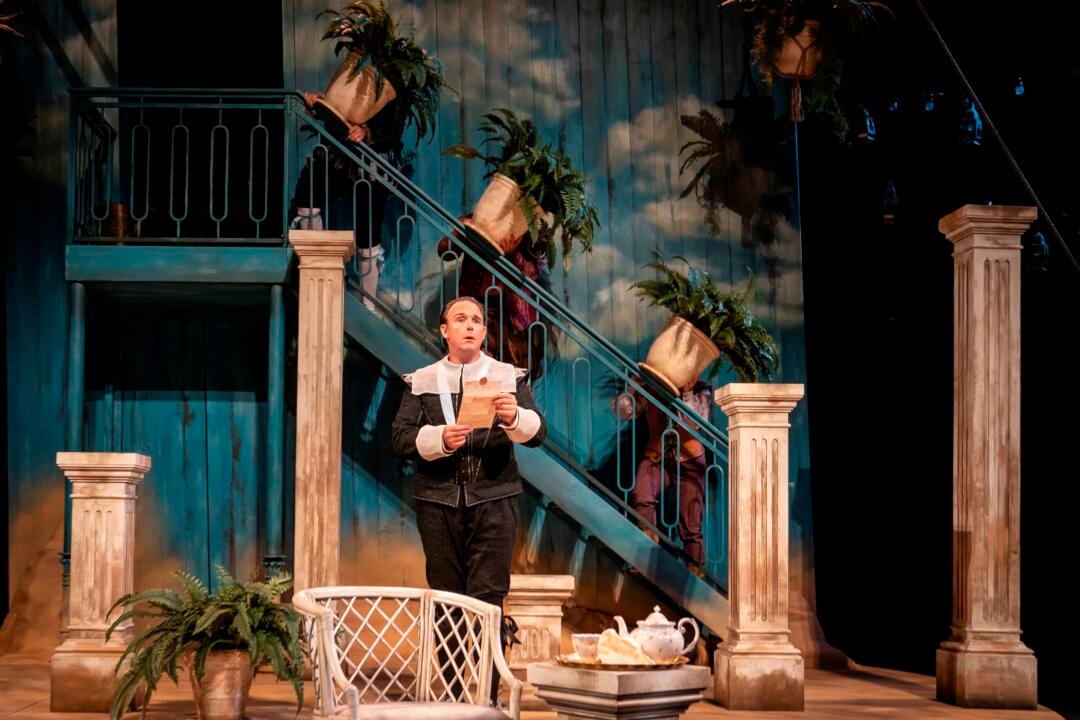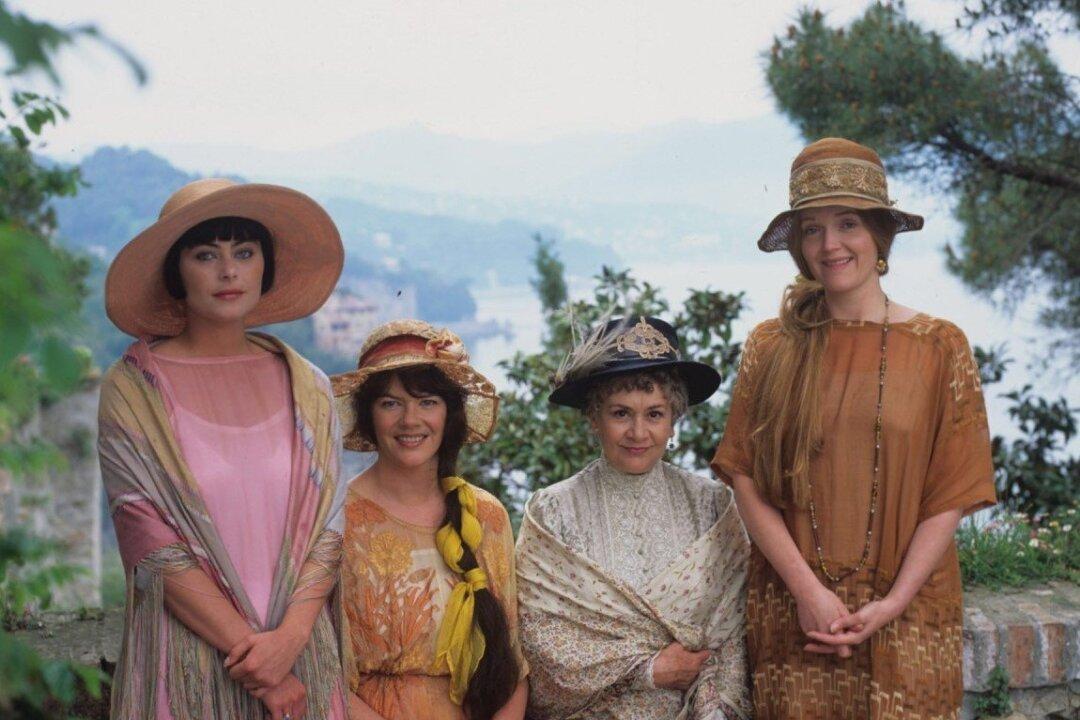SPRING GREEN, Wis.—“Twelfth Night, or What You Will” has one of the funniest scenes in all of Shakespeare’s comedies. Actually, it has several of the funniest scenes in all of Shakespeare’s comedies. And American Players Theatre’s director John Langs nails them all.
Named for the last feast night of the 12 days of Christmas, Twelfth Night was a carnival-like holiday during Renaissance times and was celebrated with general merriment and rule-breaking.





